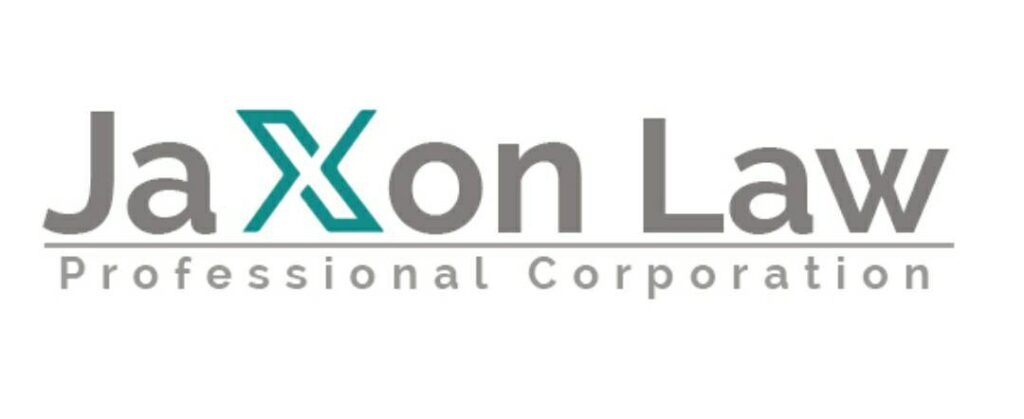As part of the province’s strategy to make COVID-19 quick antigen testing available to a greater segment of the general population, more than 2,300 grocery stores and pharmacies will begin handing out free COVID-19 rapid antigen tests to consumers starting today.
Up to 5.5 million tests will be made available to the general public each week through participating retailers and community partners who will deliver tests to disadvantaged populations, according to officials.
Some establishments will provide take-home testing kits that can be picked up in-store, while others will offer tests via an online purchasing system.
A kit containing five tests will be available to each household per visit, the province says, but each retailer can use discretion when it comes to multi-generational homes or households with immunocompromised individuals.
Officials say the province plans to distribute more than 40 million rapid antigen tests to these stores over a period of eight weeks. The province could not confirm whether it intends to continue the program beyond the eight-week period.
Tests will be distributed at 2,385 grocery and pharmacy locations as well as 21 high priority community lead agencies in 17 neighbourhoods. Tests in high priority neighbourhoods will be distributed through various sites, including food banks, health centres, community centres, and places of worship.
Participating retailers include Loblaws, Costco, Metro, Shoppers Drug Mart, Sobeys, Rexall, Longo’s, and Walmart.
The province says Longo’s will initially only offer the tests through online grocery delivery orders but intends to shift to in-store pickup. Walmart is only offering the tests through online grocery pick-up orders and will not offer in-store pickup.
Officials say the majority of sites already have tests on hand and will be able to immediately begin distributing testing kits today.
“These tests will provide another layer of protection, support the province’s efforts to cautiously and gradually ease public health measures, and offer people an additional tool that they can use to confidently do the things they love, like visiting family or dining out at their favourite local restaurant,” Ontario Health Minister Christine Elliott said at a news conference on Wednesday morning.
The province currently distributes rapid tests to priority sectors, including hospitals and long-term care homes, and education and child-care settings.
The government has said it will be monitoring supply closely to make sure stock is replenished each week.
Rapid tests have been difficult to acquire in recent months and despite efforts to distribute more tests over the holidays, the Ford government has not made them widely available to many members of the general public. The Ford government’s program to distribute tests through the LCBO and malls in December resulted in demand massively outstripping supply. Many lined up outside stores for hours only to come up empty handed when LCBO locations informed customers that they were out of tests.
Officials conceded that there will be no prescribed control method to prevent people from going store to store to collect more kits than they need.
The province is encouraging people to be responsible and not hoard testing kits.
“We’re in a much different situation this time than last time because of the quantities of the tests that we’re receiving,” Elliott said.
“With the vast quantities available now, it would appear that there’s not going to be much of a secondary market because people can obtain them quite readily.”
The province has also limited PCR testing eligibility due to capacity issues and only a small group of people are currently eligible to receive a free one, including health-care workers, pregnant people, first responders, and those at risk of severe illness from COVID-19. Elliott would not say whether the province plans to expand access to PCR tests in the coming weeks.
She said there are currently no plans to track rapid tests results through the province’s COVax system.
When asked why the province decided to boost access to rapid tests now after community transmission driven by the Omicron variant has peaked, officials said they now feel confident in the stability of the supply of rapid antigen tests.
Dr. Isaac Bogoch, an infectious diseases specialist at Toronto General Hospital, said the province’s new policy seemed like “a good concept” when questioned about it.

“As long as you can distribute things in a meaningful way, where people congregate, where people go, where people can have easy access,” Bogoch told CP24 on Wednesday morning.
“COVID isn’t going anywhere, as we all know. Yes, there was a significant increase. Yes, the spike is subsiding. However, it is not heading to zero. This, I believe, just allows people to make smart judgments for themselves.”
Source_ cp24.com











